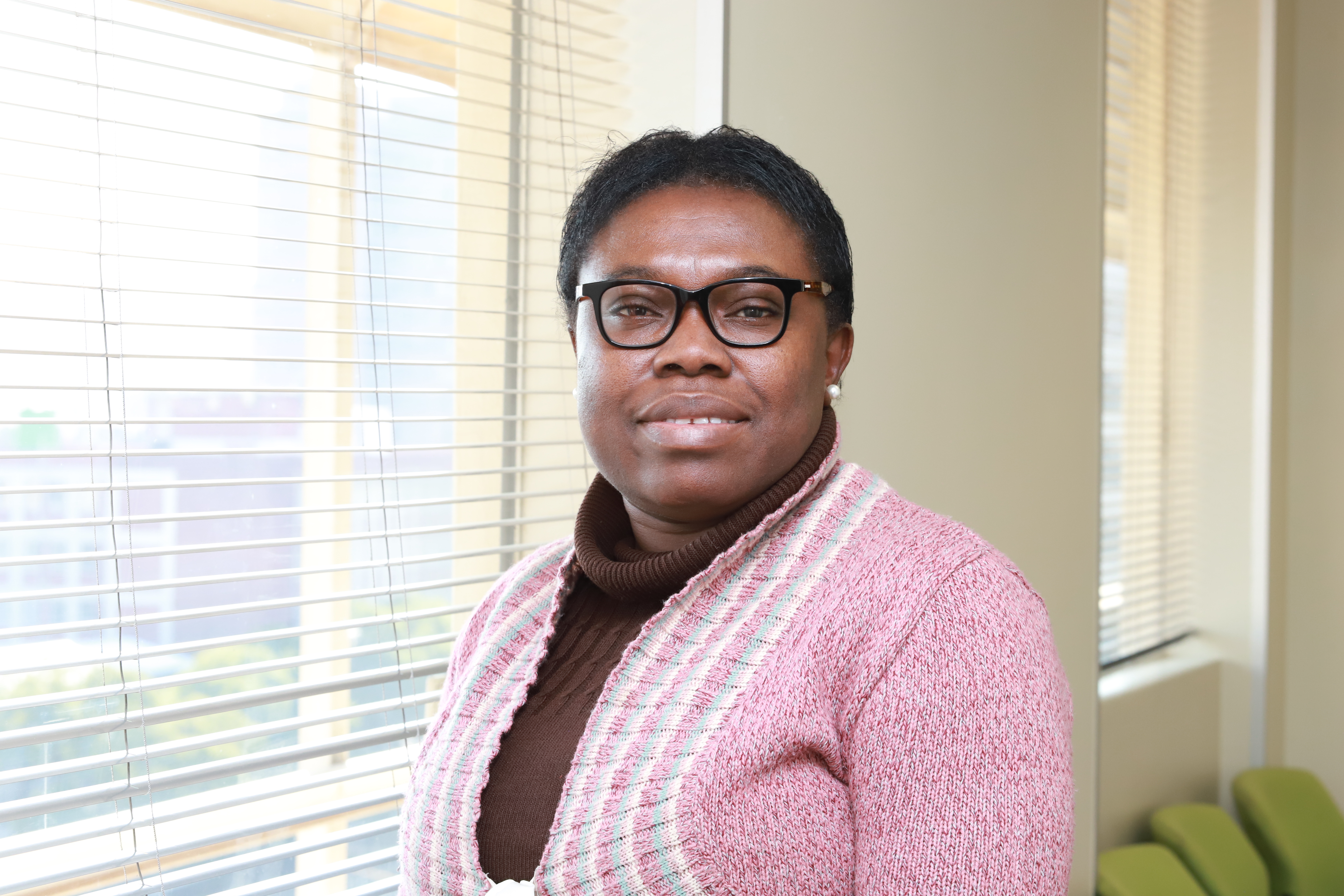Scientific Program

Franca Nneka Alaribe
Tshwane University of Technology Pretoria,South Africa
Biography:
Franca Nneka Alaribe – PhD in Biomedical Sciences, School of Medicine, University of Ferrara Italy, specializes in cellular/molecular pathology in cancer and degenerative diseases; MSc in Molecular Biology/Biotechnology, Vrije University Brussels Belgium; a postdoctoral fellow at Tshwane University of Technology from 2014 working on stem cells and scaffold fabrication with South African medicinal plants. Dr Alaribe has been a researcher for over 11 years with high competence in biomedical research; has coordinated many research projects for NRF, THRIP, Bone South Africa and OSTA involving biomaterials; published more than 16 research works and academic papers in international peer reviewed journals; editor and board member of several peer reviewed journals and fellow of many scientific organizations.
Abstract
Bone and cartilage repair continue to be a challenge. Autologous and allografts are the gold standard for the treatment of bone and cartilage. They have invasive, open surgical procedure that requires the tissue to be harvested from alternative site within the patient. Africa is rich in native flora that is currently tapped as medicine by traditional healers. However, little is known about the natural products of our native flora and their potential to serve as remedy for osteoarthritis, bone fracture and wound healing. Our project fabricated medicinal plant extract scaffolds by incorporating natural biopolymers and crude extracts from plants using lyophilization technique. Subsequently, the scaffold samples were physically characterized and in vitro monitored so as to access osteogenic, chondrogenic, proliferation capacity, anti-inflammatory and bone/cartilage marker expression using different biological, immunological and genetic techniques. Scanning electron microscope (SEM) and EDS revealed that the plant extract scaffolds possess porous structure and organic compounds than in scaffolds without plant extracts. The porcine adipose derived mesenchymal stem cells (pADMSCs) incubated with plant extract scaffolds showed significant differences with regard to proliferation and cell attachment compared to pADMSCs incubated with non-plant extract scaffolds in immunofluorescence analysis. The Eucomis autumnalis crude extract significantly (P < 0.01) suppressed the protein expression of IL-6 in comparison to extracts prepared from Pterocarpus angolensis and untreated groups in ELISA assay. Collagen type II alkaline phosphatase, osteocalcin and osteopontin were significantly expressed in Pterocarpus angolensis group compared to Eucomis autumnalis and other groups in RT-PCR analysis.
- Syntheticand Non-Natural PeptideBackbones
- Peptide Based Formulations
- Peptide Synthesis and Delivery
- Peptide Membrane Interaction
- Peptidomimetics
- Antimicrobial Peptides
- Peptides in Diseases
- Peptide Biophysics and Analytical Methods
- Post-Translational Modifications
- Peptide Structure and Function

